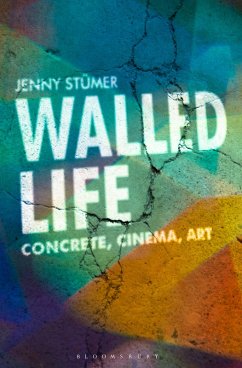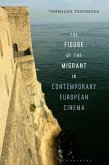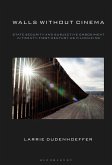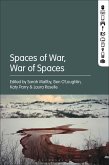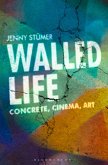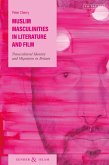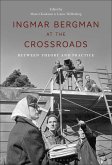Going beyond a discussion of political architecture, Walled Life investigates the mediation of material and imagined border walls through cinema and art practices. The book reads political walls as more than physical obstruction, instead treating the wall as an affective screen, capable of negotiating the messy feelings, personal conflicts, and haunting legacies that make up "walled life" as an evolving signpost in the current global border regime. By exploring the wall as an emotional and visceral presence, the book shows that if we read political walls as forms of affective media, they become legible not simply as shields, impositions, or monuments, but as projective surfaces that negotiate the interaction of psychological barriers with political structures through cinema, art, and, of course, the wall itself.
Drawing on the Berlin Wall, the West Bank Separation barrier, and the U.S.-Mexico border, Walled Life discovers each wall through the films and artworks it has inspired, examining a wide array of graffiti, murals, art installations, movies, photography, and paintings. Remediating the silent barriers, we erect between, and often within ourselves, these interventions tell us about the political fantasies and traumatic histories that undergird the politics of walls as they rework the affective settings of political boundaries.
Drawing on the Berlin Wall, the West Bank Separation barrier, and the U.S.-Mexico border, Walled Life discovers each wall through the films and artworks it has inspired, examining a wide array of graffiti, murals, art installations, movies, photography, and paintings. Remediating the silent barriers, we erect between, and often within ourselves, these interventions tell us about the political fantasies and traumatic histories that undergird the politics of walls as they rework the affective settings of political boundaries.

